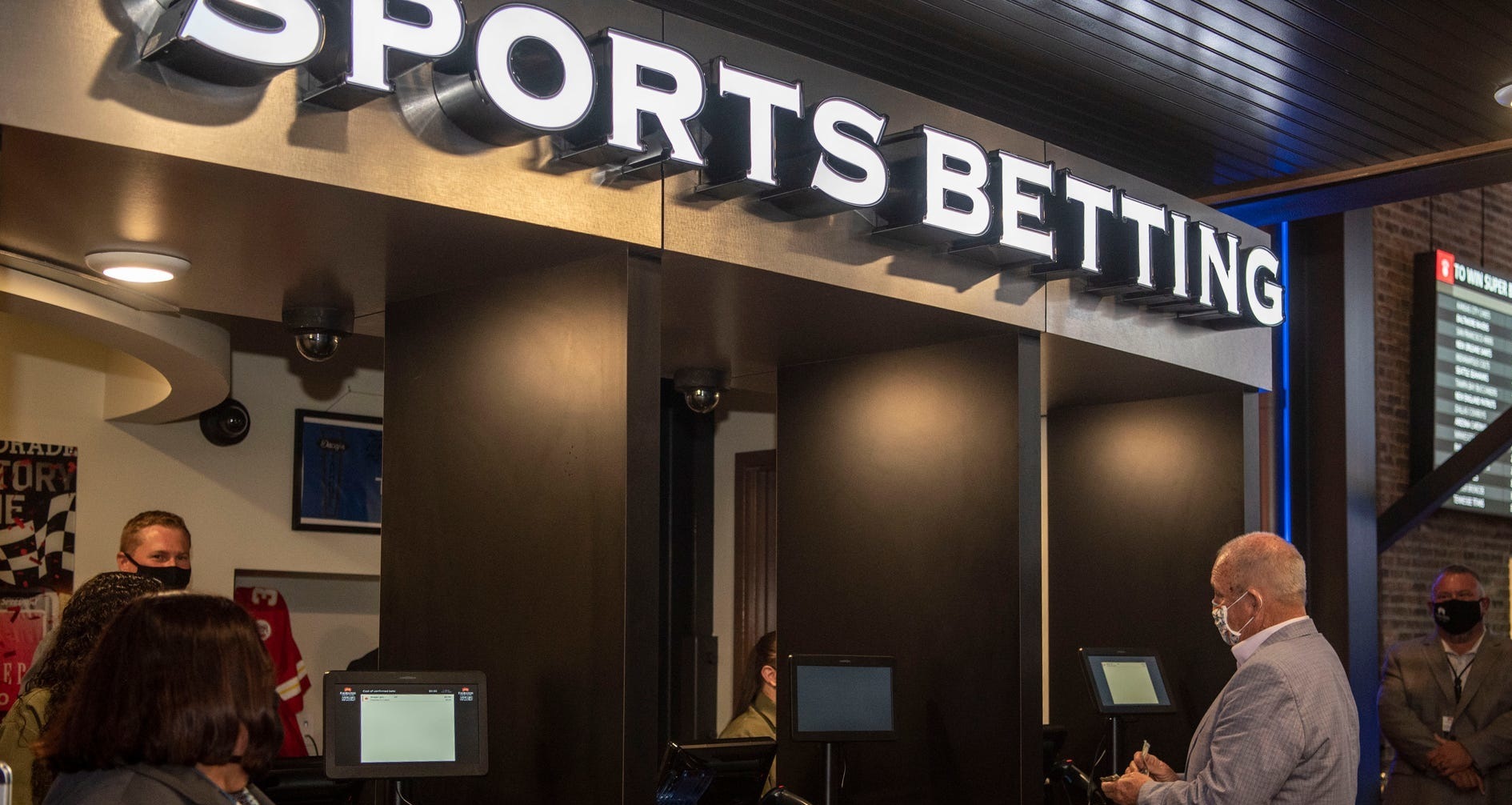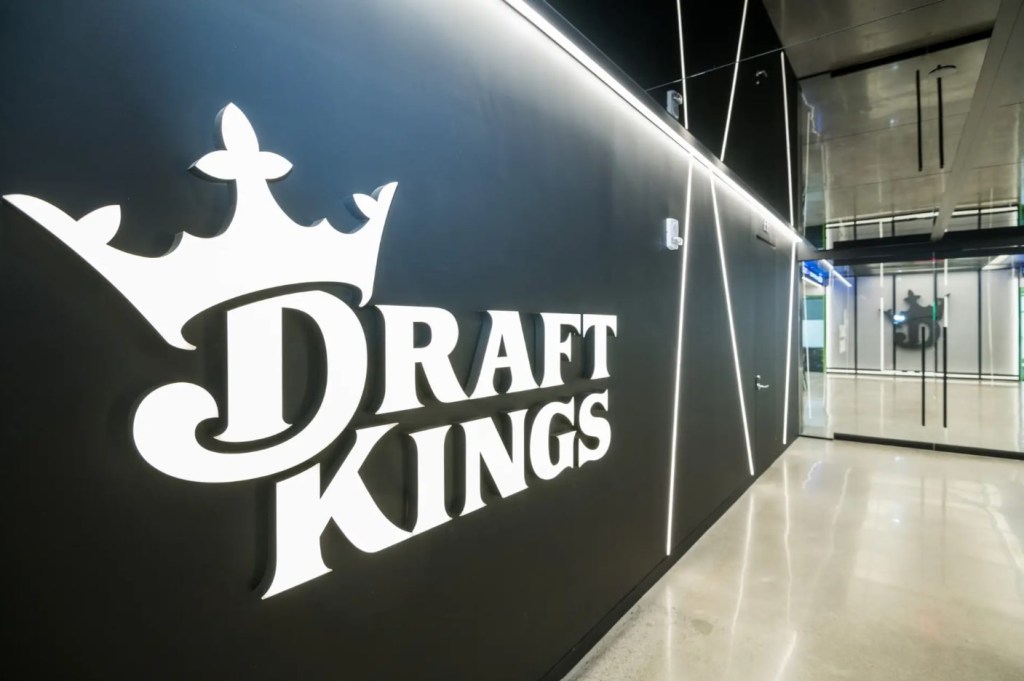The American Gaming Association, a group with the goal of promoting and lobbying on behalf of the gaming industry, revealed Thursday that second-quarter United States commercial gaming revenue was down nearly 80% year-over-year.
Gross gaming revenue – the amount of money players wager minus the amount that they win – totaled $2.3 billion from April through June, down 78.8% from the same period in 2019. It was also down 75.6% from the first quarter of 2020.
Overall, across the first six months of the year, GGR revenue was down 45.6%. That number could have been even more severe had the industry not had a record performance in January and February, when revenue was up 10.6%.
Out of the 27 states that allow gaming in some form, six had reported $0 in Q2 revenue as of the AGA report as casinos remained shuttered in many states.
According to the report, 80% of U.S. casinos have reopened for businesses after a “near-total” shutdown due to the pandemic in March and April. Once their casinos reopened, some states – including Delaware, Ohio, Oklahoma and South Dakota – saw their average daily slot and table revenue per open brick-and-mortar location increase.
Sportsbooks, specifically, saw a revenue decrease 46.3% in Q2, year-over-year. Gross revenue was $64.2 million and marked the first quarter with negative year-over-year growth since the Supreme Court overturned the Professional and Amateur Sports Protection Act of 1992 in 2018.
Despite that drop, however, sports betting revenue was up 10.4% in the first half of 2020 as compared to 2019. In the first quarter of 2020, sports betting revenue was up 49.3% from 2019 as legal sportsbooks went live in 12 states.
With professional stick-and-ball sports shut down, iGaming options soared. Revenue was up 253% in the second quarter from 2019, marking the first quarter in which iGaming outperformed traditional sports betting since the Supreme Court decision.





![[Subscription Customers Only] Jul 13, 2025; East Rutherford, New Jersey, USA; Chelsea FC midfielder Cole Palmer (10) celebrates winning the final of the 2025 FIFA Club World Cup at MetLife Stadium](https://frontofficesports.com/wp-content/uploads/2026/02/USATSI_26636703-scaled-e1770932227605.jpg?quality=100&w=1024)



![ESPN Bet broadcasts inside the PGA Tour Studios building in Ponte Vedra Beach, Florida, on March 14, 2025. [Clayton Freeman/Florida Times-Union]](https://frontofficesports.com/wp-content/uploads/2026/02/USATSI_25668497_168416386_lowres-1-scaled.jpg?quality=100&w=1024)







